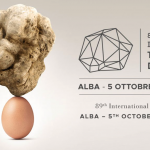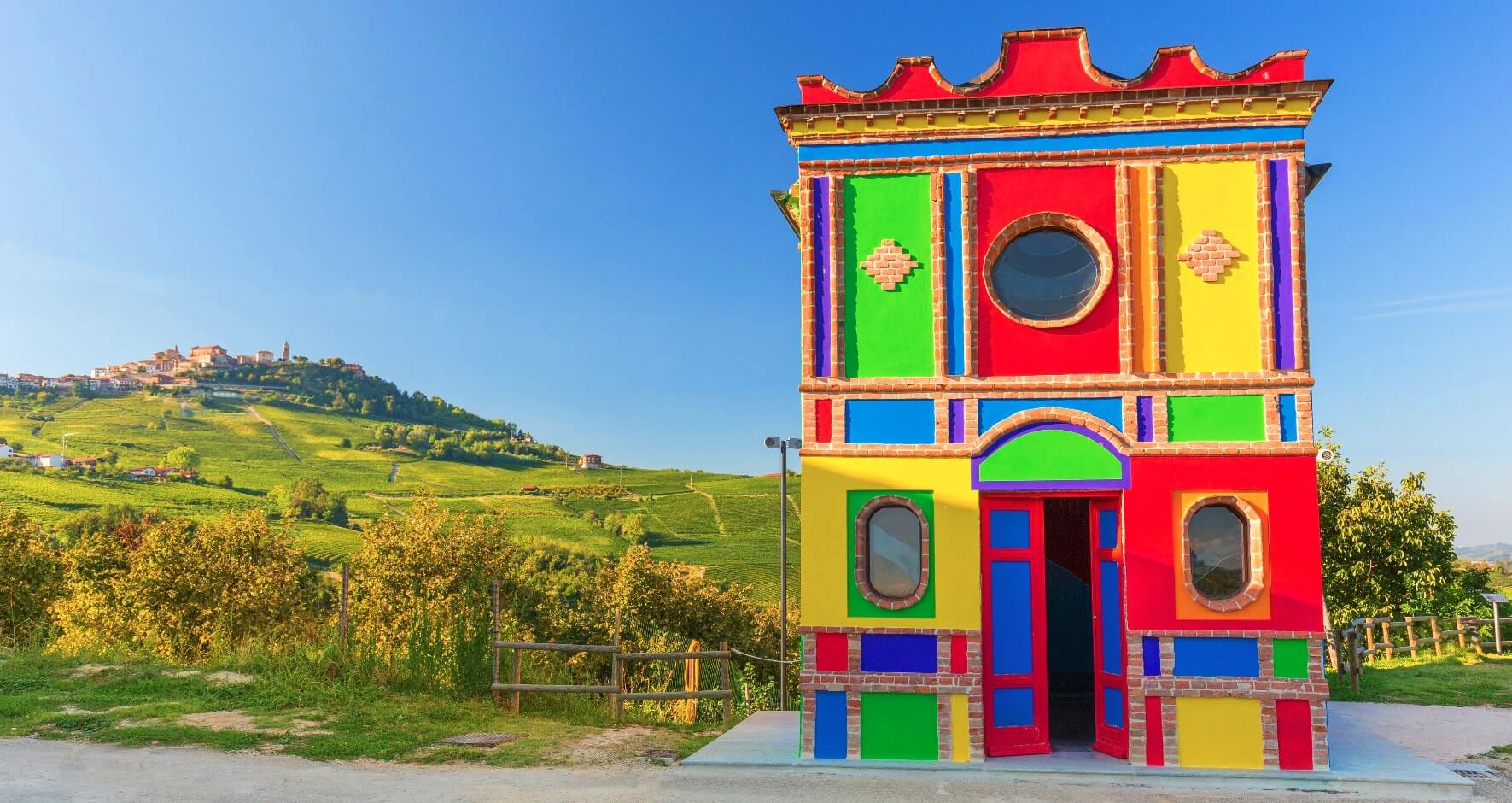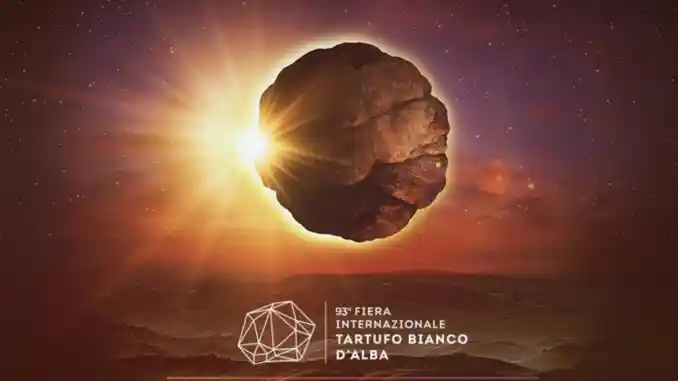Sea truffles, also known as Venus Verrucosa, are a unique delicacy enjoyed for their distinctive taste and texture. Here is how you can enjoy them and some frequently asked questions about these sea delights:
1. How to eat sea truffles?
Sea truffles, or Venus verrucosa, are a type of clam and are typically consumed in a manner similar to other shellfish. They can be eaten raw, just shucked and accompanied by a squeeze of fresh lemon. They can also be lightly steamed, poached, or cooked in a variety of dishes such as pasta, soups, or risotto. The unique flavor of sea truffles can add an exquisite touch to many recipes.
2. What does sea truffle taste like?
Sea truffles have a unique taste that is often compared to the highly prized white Alba truffle, Tuber magnatum. They offer a distinctive mix of ocean salinity and a hint of bittersweet iodine flavor, coupled with a slight nuttiness and a unique earthy undertone that is reminiscent of traditional truffles. The texture is similar to that of a clam but with a more robust and distinctive flavor.
3. What is the truffle of the sea animal?
The “truffle of the sea” is an affectionate name given to Venus verrucosa, a type of clam that is found in the Mediterranean Sea. This clam is called a “truffle of the sea” due to its distinctive flavor, which has been compared to the earthy, rich taste of truffles. Venus verrucosa prefers sandy and muddy sea beds, where it can hide and blend in with the surroundings. It’s a filter-feeding bivalve, using specialized gills to filter phytoplankton from the water for nourishment.
4. Is truffle a luxury food?
Yes, truffles are considered a luxury food. This is due to their high cost, which is a result of their scarcity, the difficulty of cultivation, and their short shelf life. However, because of their intense flavor, only a small amount is needed to enhance the taste of a dish.
The Beginner’s Guide to Truffles
Frequently Asked Questions:
Does truffle taste fishy?
No, truffles do not generally have a fishy taste. Truffles are known for their unique flavor profile, which is often described as deeply musky, earthy, and with a hint of sweetness. Some people also describe the flavor as having notes of garlic or shallots. The flavor and aroma can vary between different types of truffles. White truffles, for example, have a flavor that’s often described as garlicky with a hint of cheese, while black truffles are known to have a more earthy, mushroom-like flavor. But none of these descriptions typically include a fishy taste.
How much is 1kg of truffles?
The price of truffles can greatly vary depending on the type of truffle and the quality. As of some of the latest available data:
- White truffles (Tuber magnatum pico), one of the most expensive varieties, can cost several thousands of dollars per kilogram. They are usually sold by the ounce, and the price can range anywhere from $10 to $20 per gram or higher, which translates to a range of approximately $10,000 to $20,000 per kilogram.
- Black truffles (Tuber melanosporum), another highly prized variety, can range from about $800 to $1500 per kilogram.
- Summer or burgundy truffles (Tuber aestivum), which are more common and less intensely flavored, can cost between $90/kg to $270/kg.
These are just estimates and actual prices can vary based on factors like season, quality, location, and market demand. It’s always best to check with a reputable truffle supplier for the most current prices.















